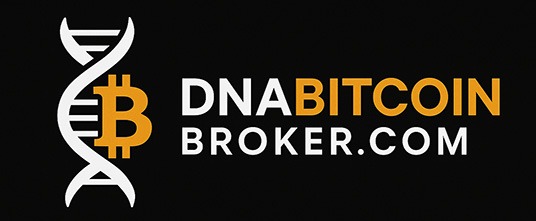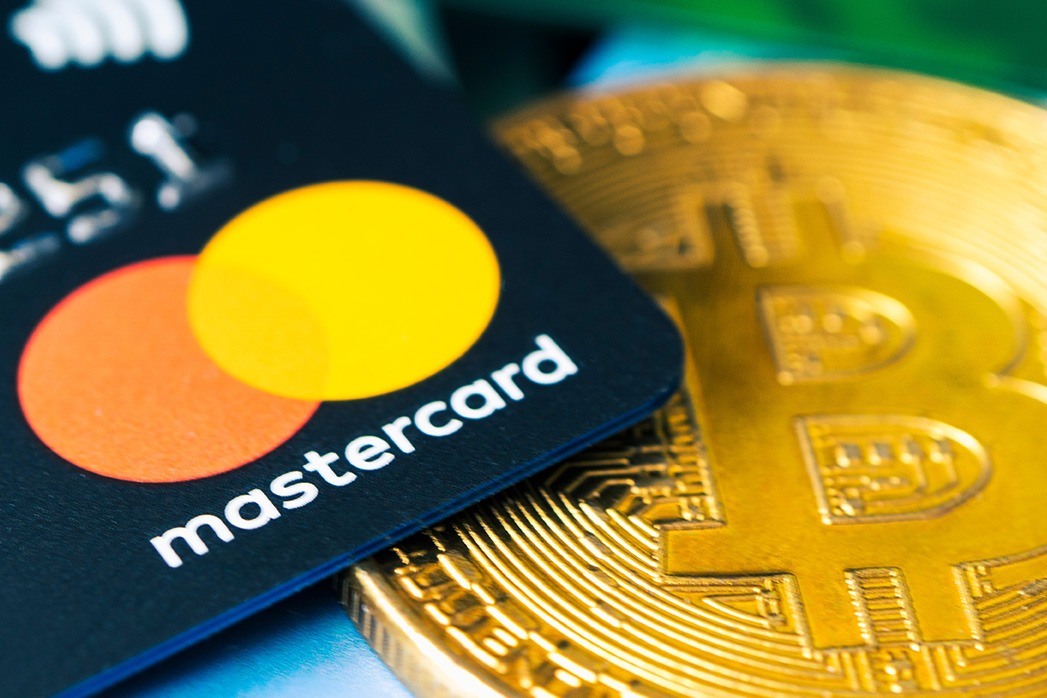Solana Joins PayPal: Crypto Moves Mainstream
In a world where legacy banks are racing to stay relevant, PayPal’s addition of Solana (SOL) and Chainlink (LINK) to its crypto offering marks a defining moment in the convergence of traditional finance and decentralized infrastructure.
As of early 2025, PayPal and Venmo users in the U.S. can now buy, sell, hold, and transfer Solana and Chainlink directly within their wallets. This move, though limited geographically for now, represents something much larger: the normalisation of blockchain-native tokens within global payment ecosystems.
“We’re at an inflexion point where financial institutions must ask themselves: adapt to digital assets or become irrelevant.”
— Caitlin Long, CEO, Custodia Bank
Why Solana, Why Now?
Solana isn’t just another token. It’s a high-performance blockchain known for near-instant transaction finality, low fees, and strong developer traction in DeFi, NFTs, and Web3 gaming. Its inclusion by PayPal underscores growing institutional confidence in scalable Layer 1 alternatives.
“Adding Solana to PayPal validates what developers already know: high-speed, low-cost blockchains are the infrastructure of digital finance.”
— Anatoly Yakovenko, Co-Founder, Solana Labs
For millions of PayPal and Venmo users, many of whom are unfamiliar with traditional cryptocurrency exchanges, Solana’s availability brings a new level of mainstream exposure and access.
The Broader Banking Shift
PayPal’s move isn’t occurring in isolation. Central global banks are quickly expanding their blockchain strategies, acknowledging that crypto-native rails are here to stay.
JPMorgan’s JPM Coin now handles daily institutional settlements worth over $1 billion, with plans to scale further via its Onyx blockchain division.
(Source: Bloomberg)Societe Generale launched a MiCA-compliant euro stablecoin (EURCV) on Ethereum, making it one of the first banks to embrace Europe’s new regulatory framework for digital assets.
(Source: CoinDesk)Standard Chartered is exploring tokenized cross-border settlement in collaboration with Ripple and Zodia Markets, signalling further integration of blockchain into interbank flows.
(Source: Ripple)
“It’s not the blockchain that’s volatile—it’s the banks’ refusal to innovate.”
— Nic Carter, Partner, Castle Island Ventures
(Source: Harvard Blockchain Conference)
Regulatory Readiness: Europe in Focus
While PayPal’s crypto functionality is currently U.S.-only, Europe is poised for a similar evolution, especially with MiCA (Markets in Crypto-Assets Regulation) now in force.
The European Central Bank has backed MiCA as a pivotal development, offering both investor protection and business clarity.
“The crypto sector must live up to the standards expected of mainstream finance — MiCA is Europe’s answer to that challenge.”
— Verena Ross, Chair, ESMA
(Source: ECB)
Platforms like DNAcrypto.co and licensed crypto-asset service providers (CASPs) across the EU are now uniquely positioned to scale under this new compliant framework.
What Comes Next
PayPal’s listing of Solana is a strong signal to the broader financial world: the rails of digital money are no longer experimental—they’re operational.
As central banks research CBDCs, traditional banks explore tokenization, and stablecoin issuance becomes regulated, the line between crypto and finance is vanishing.
Solana joining PayPal isn’t just about retail access—it’s about infrastructural commitment to the next generation of programmable money.
Further Reading:
JPMorgan’s Blockchain Ambitions Expand With JPM Coin – Bloomberg
Societe Generale Issues MiCA-Compliant Euro Stablecoin – CoinDesk
Standard Chartered Partners with Ripple for Tokenized Settlements – Ripple
Image Source: Adobe Stock
Disclaimer: This article is purely for informational purposes. It is not offered or intended to be used for legal, tax, investment or financial advice.

